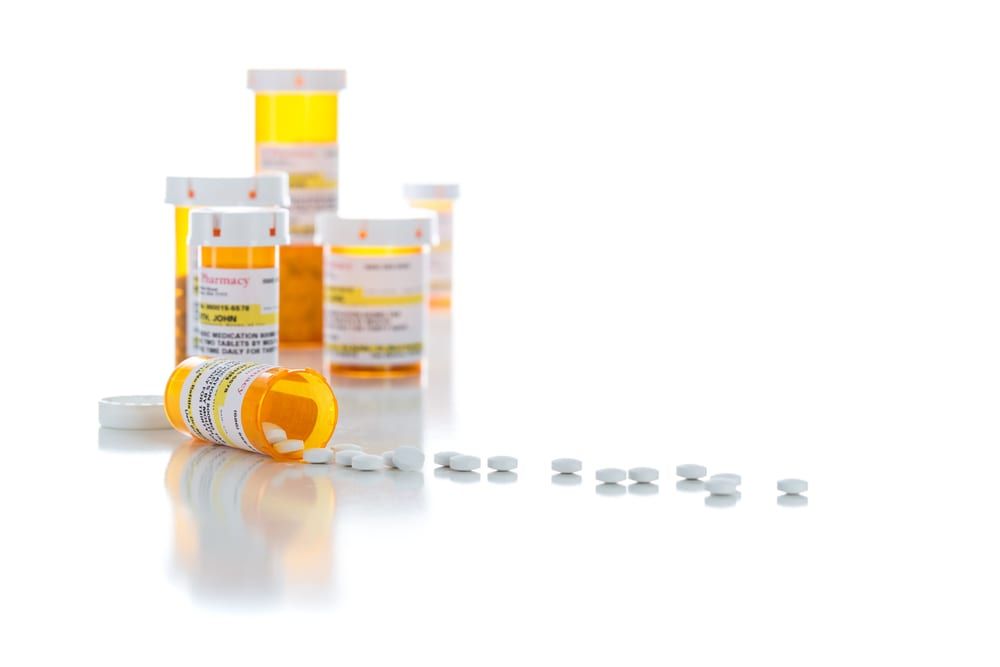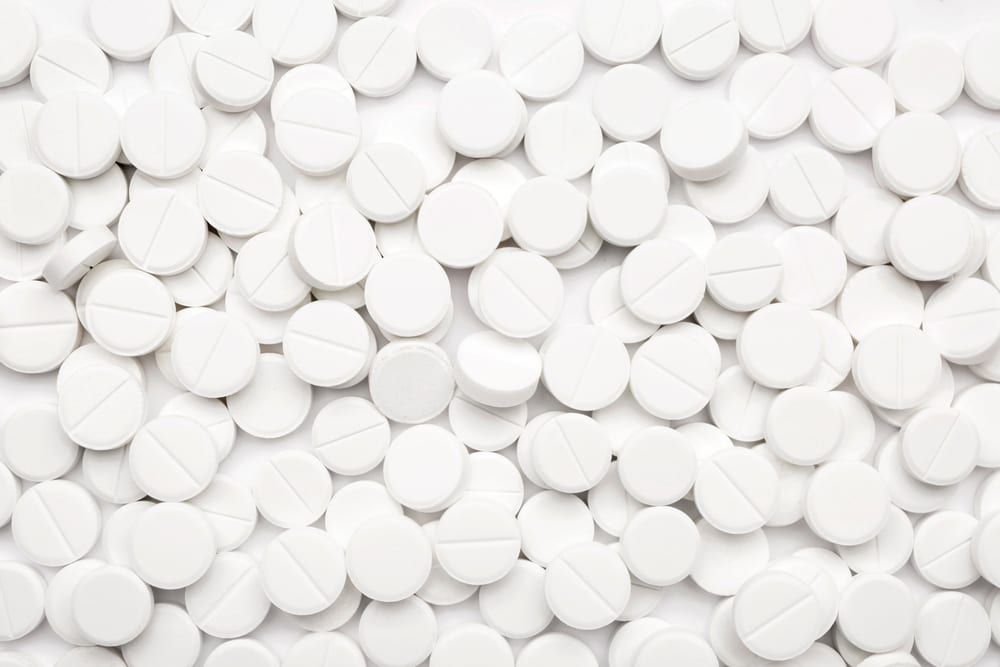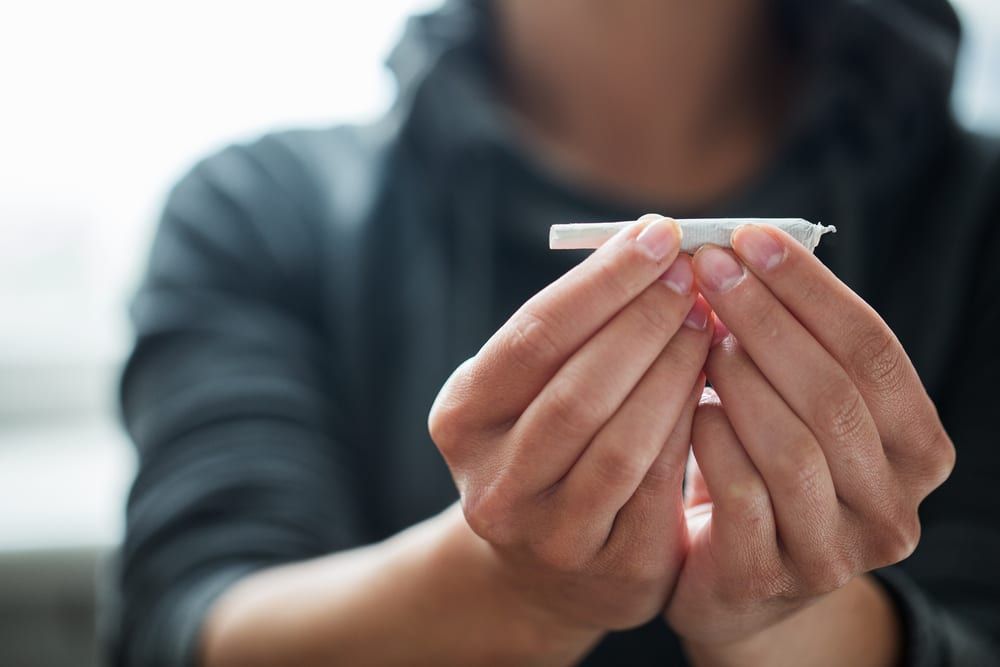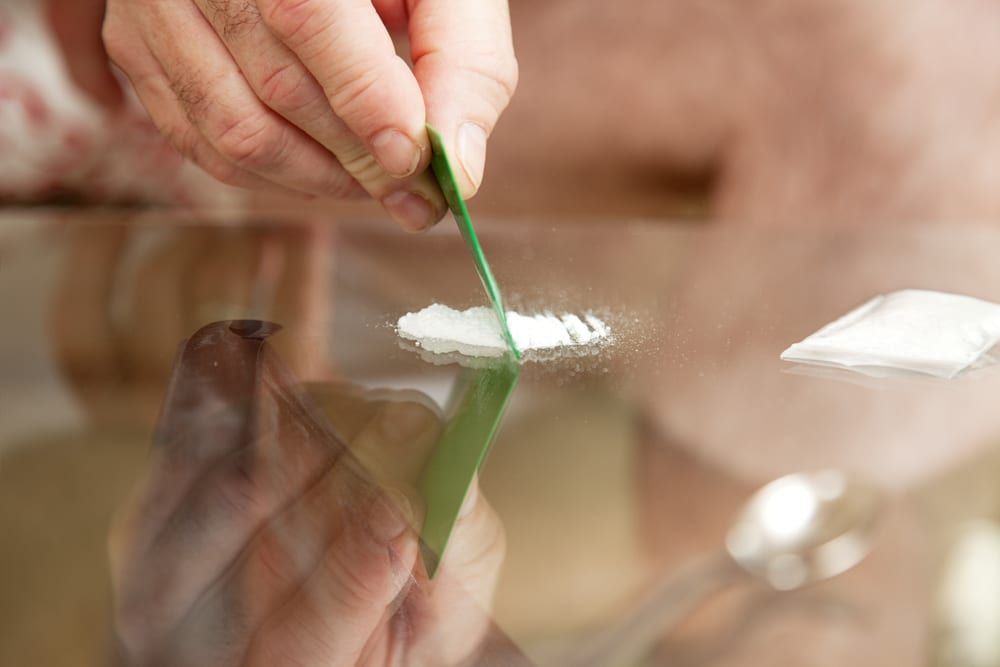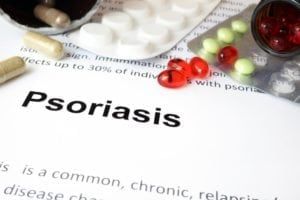A synthetic form of morphine, heroin appears as a black gooey substance, or as a powder that is brown or white. The most common methods of taking heroin are to smoke or inject it, resulting in an immediate high. Even a single time using heroin can result in addiction, a fact which has contributed to it being one of the world’s most used illicit drugs. Users’ tendency to develop tolerance to the drug over time and its nasty withdrawal symptoms makes breaking Heroin addiction challenging.
About Heroin Addiction
Like most opioids, heroin is an effective painkiller that brings with it a feeling of euphoria shortly after being used. Unfortunately, this sensation is too soon replaced by the drug’s negative effects, and more will be needed to prevent withdrawal symptoms. Heroin is still the world’s most addictive illicit substance, and due to the primary form of use, being injected contributes to the spread of diseases like HIV and Hepatitis. As a schedule one drug, the legal ramifications for possessing and distributing the drug are among the most severely punished narcotic crimes.
How Our Team Can Help You Beat Heroin Addiction
Behavioral therapy has been shown to be an effective method of helping those addicted to heroin overcome their cravings when combined with medication-assisted treatment. CBT, or cognitive behavioral therapy, aims to raise your awareness of the behaviors and thought patterns that lead you to use. By being aware of these patterns, you can identify them early and take the necessary steps to prevent yourself from succumbing to your cravings.
Questions You May Have For Your Treatment Specialist
When you’ve opted to seek help for your addiction, you’re sure to have questions for your counselor along the way. Below we’ve provided information regarding some of the most common concerns of those starting on their path to rehabilitation.
- What Are The Long Term Effects of Heroin Use? Along with the most prevalent long-term risk of contracting Hepatitis B or C, HIV, and AIDS, the risks of heroin use can be severe. Liver and kidney disease, insomnia, infections of the heart, mental disorders, collapsed veins, and lung problems are among the most prevalent.
- What Withdrawal Symptoms Should I Expect? Overcoming the withdrawal symptoms of heroin addiction is one of the greatest challenges on your road to recovery. In addition to craving the drug itself, those in recovery may experience chills, jitters, cold flashes, involuntary leg movement, and insomnia. Muscle and bone pain are some of the most common experiences of those fighting addiction.
- What Can I Do In Case Of Overdose? Heroin overdose has a high level of lethality, and immediate action is needed. Your first step should be a call to 911, and the administration of naloxone if you have it on hand. Naloxone is restricted in some states, but others allow it to be purchased without a prescription. This medication blocks overdose effects if administered quickly.
If you’re battling heroin addiction or have a loved one who is, our team of addiction experts can help. We can help you find the tools to begin recovery and connect you with resources, including support groups and methods for disposing of your unused heroin. Call us today to schedule an appointment and start on your road to recovery with the help of our clinic.

























